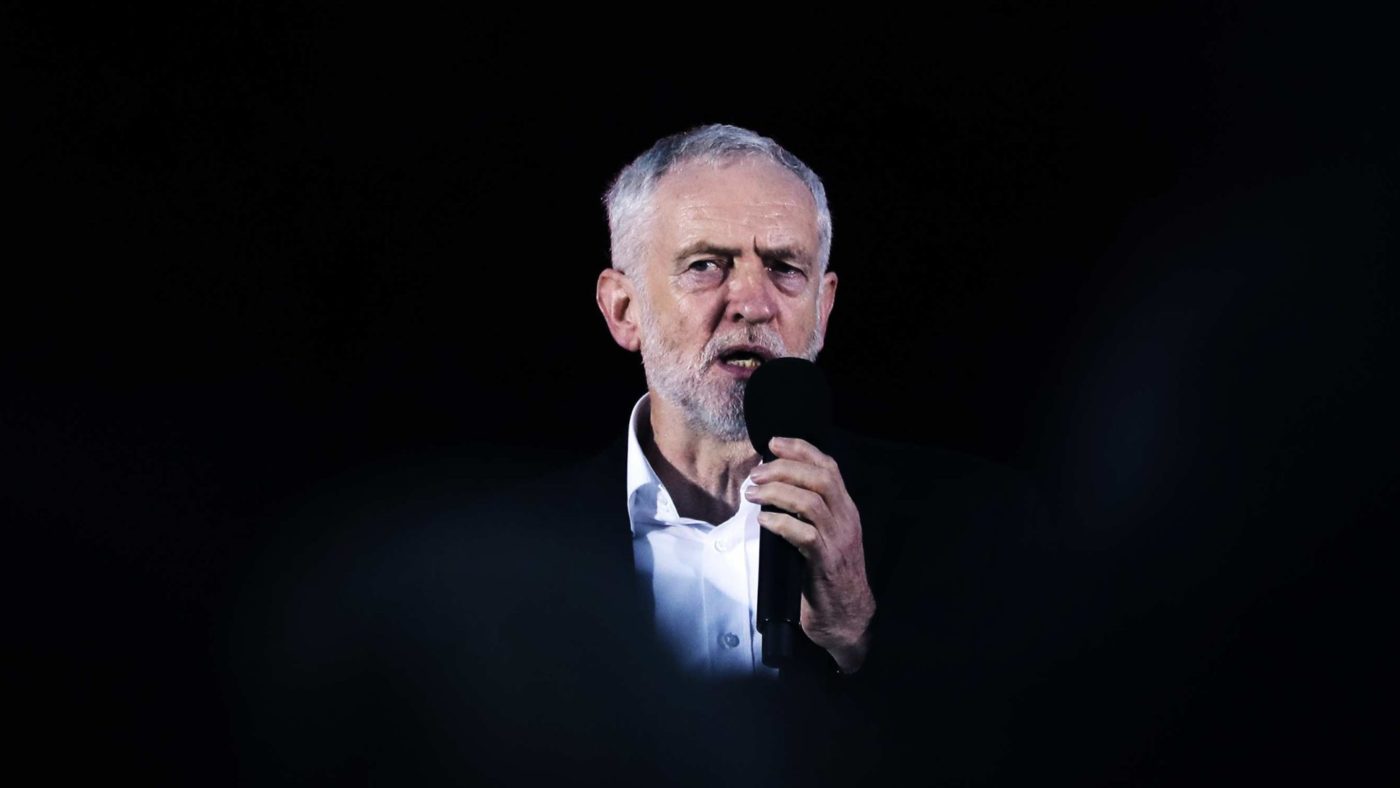In May 2016, a few weeks after Ken Livingstone and Naz Shah MP were suspended by the Labour Party for anti-Semitism, a Labour councillor in Burnley called Shah Hussain was revealed to have tweeted two years earlier to Israeli footballer Yossi Benayoun that “You are a complete and utter plonker, you and your country doing the same thing that Hitler did to ur race in ww2”. This was a period of near-daily headlines about Labour anti-Semitism and the Party wanted to look like it was cracking down, so Hussain was swiftly suspended.
Except Labour wasn’t really cracking down on anti-Semitism at all. Hussain insisted there was nothing wrong with comparing Israel to Nazi Germany and claimed he was the victim of a “witch hunt”. His suspension was quietly dropped and he was allowed to carry on serving as a Labour councillor.
The experience does not appear to have provoked much introspection on Hussain’s part. Last month he returned to the subject of Israel on his Facebook page, apparently sharing a post that claimed “Israel has a powerful stranglehold on the American government… They control much of the media, they control much of the commerce of the country, and they control powerfully both bodies of the Congress. They own the Congress.” This post was taken from a Facebook group called “Don’t drink the Kool Aid”, whose self-declared mission is “Exposing Zionist lies”.
This is typical of how anti-Semitism operates in today’s Labour Party. It usually involves language that draws on old racist lies about Jews, but reframes the bigotry in a modern, “anti-Zionist” setting that has nothing to do with what Zionism is, or with how Israel actually behaves.
Labour’s refusal to take seriously this modern incarnation of an old hatred was clear made clear this week. The party has decided to adopt its own definition on anti-Semitism, rather than the widely-used International Holocaust Remembrance Alliance (IHRA) definition, with all its illustrative examples, that is backed by all Britain’s leading Jewish organisations and has been endorsed in public statements this week by dozens of prominent rabbis from across the religious and political spectrum.
Labour’s code draws on the IHRA definition but deviates from it in some important respects. For Labour, it is now necessary to demonstrate that a person acted with “anti-Semitic intent” in claiming, for example, that Israel is similar to Nazi Germany or that British Jews are more loyal to Israel than to the United Kingdom.
This is a near-impossible bar to reach in a party where being anti-racist is a core belief. We can be sure that Councillor Hussain does not believe that he acted with anti-Semitic intent in tweeting that Israel is acting as Nazi Germany did, and in sharing a post that claimed Israel controls the US media and Congress. But these are anti-Semitic tropes nonetheless, whether Hussain knows it or not, and must be treated as such if Labour is ever going to tackle the anti-Semitism in its Party.
The question remains, however, as to whether the Labour leadership really believes it has a problem that requires this level of attention at all. Whenever they have taken steps to address anti-Semitism, such as holding the ill-fated Chakrabarti Inquiry in 2016 or meeting Jewish community leaders earlier this year, it has been in response to the pressure of negative headlines. There is still little evidence of genuine self-reflection or a rethinking of the political choices that led their part of the Left to this position.
In this light, the Jewish Chronicle report of yesterday’s Labour NEC meeting that adopted the Party’s new Code of Conduct makes sobering reading. According to witnesses, one member of the NEC, in a disgraceful speech, said that “Some of the people in the Jewish community are Trump fanatics – I’ll take no lectures from them” and then claimed that “In 50 years I have never seen any anti-Semitism in the Labour Party.”
Keith Vaz MP complained that Ken Livingstone was treated “very badly” by Labour, even though Livingstone suffered the mildest of punishments and was allowed to leave the Party on his own terms rather than being expelled.
It is the same old story, heard at Labour’s NEC just as it is found in Labour-supporting Facebook groups every day: talk of anti-Semitism is a smear, people on the Left cannot be anti-Semitic, and when Jews complain about Labour anti-Semitism it just proves they are Tories, Zionists or Trump supporters. Throughout all of this, while Jewish members of the NEC reacted with anger and distress, Jeremy Corbyn sat silent and passive. You can tell when the Labour leader really cares about an issue, and it is clear that anti-Semitism does not stir his political passions the way that other forms of racism do.
It doesn’t have to be this way. The day before this NEC vote, Labour MPs had voted to endorse the full International Holocaust Remembrance Alliance definition of anti-Semitism. Dozens of Labour-run local authorities have done the same. The Labour Party is now fundamentally split on how to define and address anti-Semitism, leaving its Jewish members, and Jewish voters, caught in the middle. This is a terrible place for British Jews to be, and it is this Labour Party leadership that has put them there.


